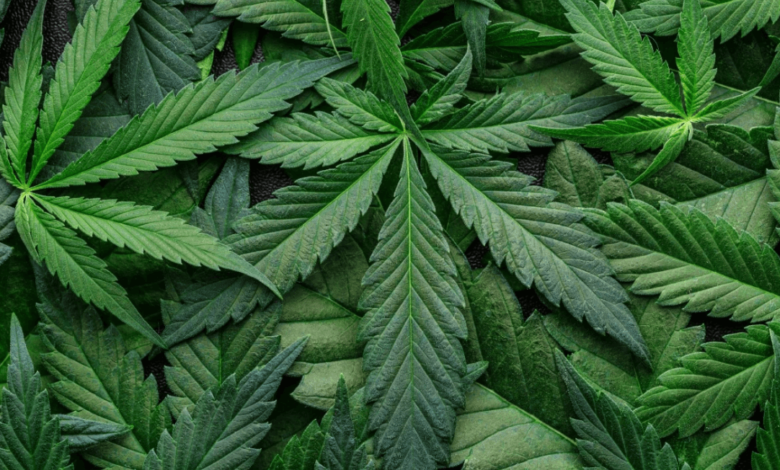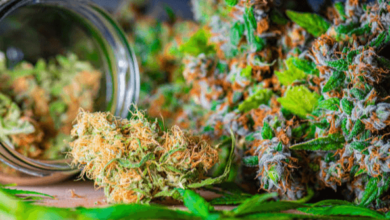Canada’s Cannabis Industry: A Promising Future or a Bumpy Road Ahead?

Cannabis is one of the most controversial substances in the world. While its medical benefits are undeniable, its recreational use has long been stigmatized and criminalized. However, Canada has taken a bold step by legalizing cannabis for both medicinal and recreational purposes, making it the second country in the world to do so. This move has created a new and promising industry and poses several challenges for the Canadian economy, society, and government.
The legalization of cannabis has opened up a new frontier for Canada’s economy. The cannabis industry is expected to generate billions of dollars in revenue, create thousands of jobs, and boost tourism. According to Deloitte, the Canadian cannabis market could be worth up to $22.6 billion annually, surpassing the sales of beer, wine, and spirits combined. This market is not just limited to selling dried flowers, but also includes products like edibles, oils, and topical creams, which have a higher profit margin and are easier to export. The cannabis industry is also expected to create job opportunities in agriculture, manufacturing, and retail, particularly in regions that have suffered from economic decline.
However, the legalization of cannabis is not without its challenges. One of the main concerns is the potential increase in drug abuse, particularly among young people. Legalizing cannabis does not mean that it is risk-free, and there are concerns about the impact on mental health, particularly among those with a predisposition to addiction. There are also concerns about the effect on road safety, as driving under the influence of cannabis can impair judgment and reaction times. Additionally, there are concerns about the impact on the black market, which could still thrive due to high taxes and regulations on legal cannabis.
The cannabis industry also poses challenges for the Canadian government, particularly in terms of regulation and taxation. The government has set up strict regulations on the production, distribution, and sale of cannabis, which are meant to ensure safety and quality control. However, these regulations can also make it difficult for small businesses to enter the market, as they have to meet high standards and comply with a complex legal framework. There are also concerns about the high taxes on legal cannabis, which could push consumers toward the cheaper and unregulated black market. The government will have to balance these concerns with the need to ensure that the cannabis industry remains safe and legal. Find cannabis at Cheap Weed Canada.
The legalization of cannabis also poses challenges for Canadian society, particularly in terms of changing attitudestoward drugugg use. While cannabis has been decriminalized for years in Canada, the stigma surrounding drug use still exists, particularly among older generations. The legalization of cannabis could lead to a shift in public attitudestowards drugug use, which could lead to a more liberal attitudtowardd other drugs. However, this shift could also lead to a greater acceptance of drug use among young people, which could lead to an increase in drug abuse and addiction.
In conclusion, the legalization of cannabis in Canada has created a new and promising industy, but also poses several challenges for the Canadian economy, society, and government. The cannabis industry is expected to generate billions of dollars in revenue and create job opportunities, but there are concerns about the potential increase in drug abuse, impact on road safety, and impact on the black market. The government will have to balance the need to ensure safety and quality control with the need to create a competitive and innovative industry. The legalization of cannabis also poses challenges for Canadian society, particularly in terms of changing attitudetowardds drug use. Overall, the Canadian cannabis industry has a promising future, but there is a bumpy road ahead.







